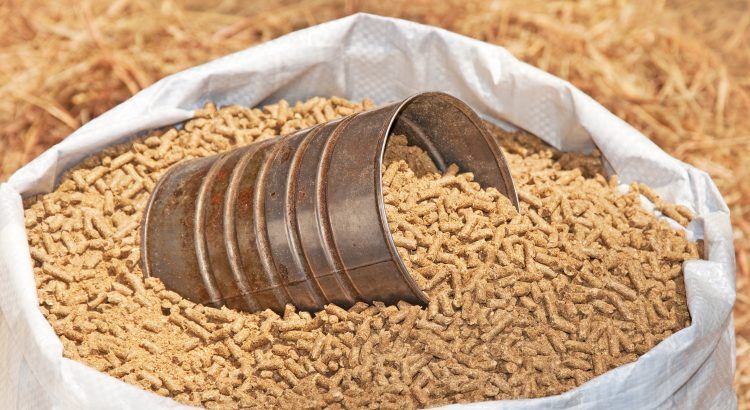Ensuring that your horse has plenty of water is essential, in fact they drink around 25-55 litres of water every day, depending on the weather, their diet and the work they are in. Water is vital for horses to maintain good health and they must have access to fresh, clean water at all times, whether they are in the stable or out in the field. So, why is water as important as horse food? We have put together a short guide to explain exactly why below.
Where Is Water Found In The Horse?
The horse’s lungs contain more water than blood or the brain, with the lungs containing 90%, blood 80% and the brain 70% water. The digestive system can hold around 50 litres of water at any one time, but this is influenced by their diet. Water plays a role around the whole of the horse’s body, including:
Digestive system – the water in saliva acts as a way to soften and moisten horse feed making it easier to transport through the gastro-intestinal tract.
Blood – the circulatory system is unable to function without water.
Lymphatic system – the water is needed to help remove waste products from the body, as well as fight against disease.
Eyes and nostrils – water is required for the excretion of mucus and tears.
Excretory System – water is needed to extract waste products from the body (droppings and urine)
Thermoregulation – water is required for the horse to be able to sweat.
Keeping Your Horse Hydrated
Like humans, it’s essential that you keep your horse hydrated all the time and look out for signs that your horse is dehydrated so you can act fast accordingly. If your horse appears weak, depressed, has sunken eyeballs, dry mucous membranes, a slow capillary refill time and an increased heart rate, this would indicate that they are dehydrated. A quick way to check whether a horse is dehydrated is the pinch test. Just pinch their skin near the base of their neck for two seconds. If the skin returns to normal almost immediately then the horse isn’t dehydrated, however, if the skin remains in the pinched position, then the horse needs water.
There are a number of factors that can cause your horse to be hydrated including strenuous exercise and hot weather conditions. Certain diseases can also impact your horse’s ability to maintain fluids including fever, acute gastric dilation, intestinal obstruction, diarrhoea and peritonitis.
Withholding Water
It is suggested that horses, racehorses in particular, are sometimes withheld water before racing. Although there is limited research into the impact of withholding water for racehorses specifically, it has been concluded that withholding water for up to 4 hours before a race doesn’t actually seem to impact the horse’s hydration status. However, it is likely to have a greater negative impact on horses that sweat a lot prior to racing, as well as horses that are prone to muscle problems, such as tying-up. In cases like these, it can be argued that the effect of dehydration is more likely to compromise the performance of the horse than the extra weight from carrying more water.
Impact Of Diet And Feeding On Hydration
Meal-feeding cereals has also been proven to result in brief dehydration in the gut. In fact, research shows that feeding a few large meals each day can cause sufficient dehydration in the colon, which can result in impaction indicating other forms of serious colic, such as large colon displacement. There are better horse feed options for you to choose such as feeding fibre and soaked fibres, including sugar beet, which will ensure that your horse gets more water into their body as they are fed soaked.
As you can see, water is important for horses, so it’s absolutely vital that your horse always has fresh, clean water and remains hydrated. If you would like to find out more or you’re worried about your horse, then speak to a vet or an equine nutritionist.




